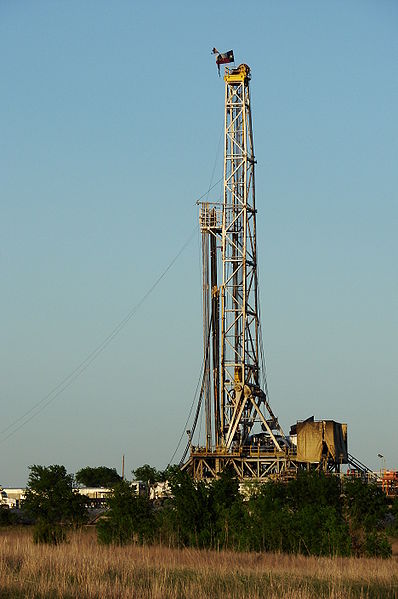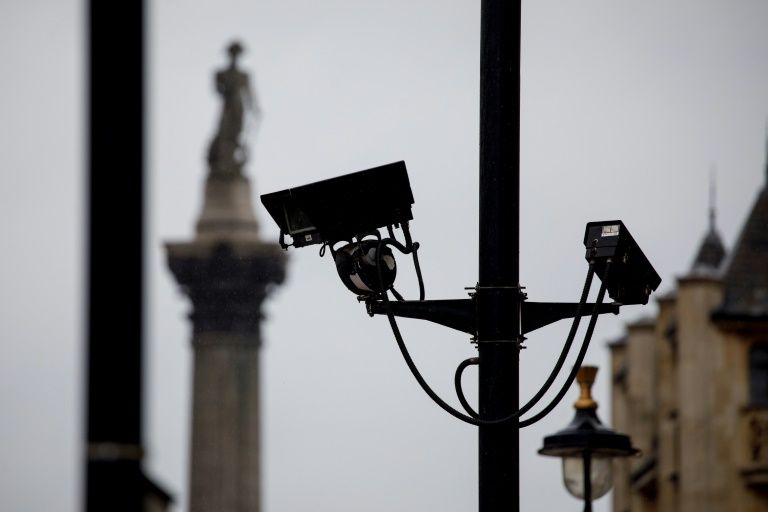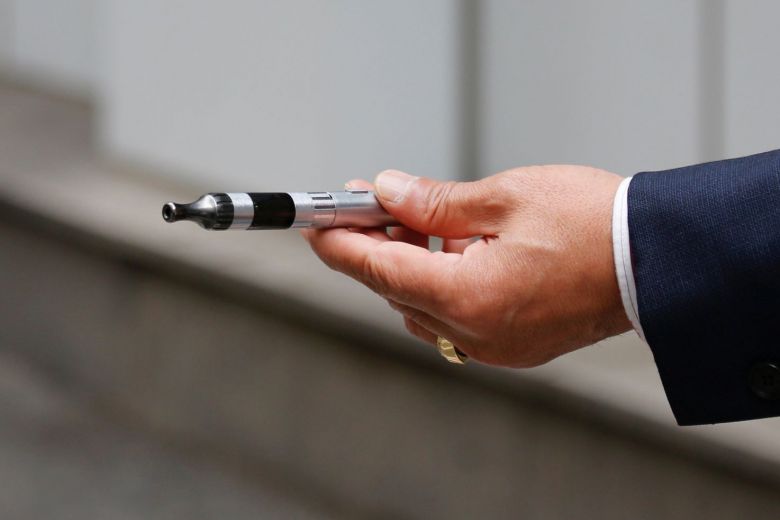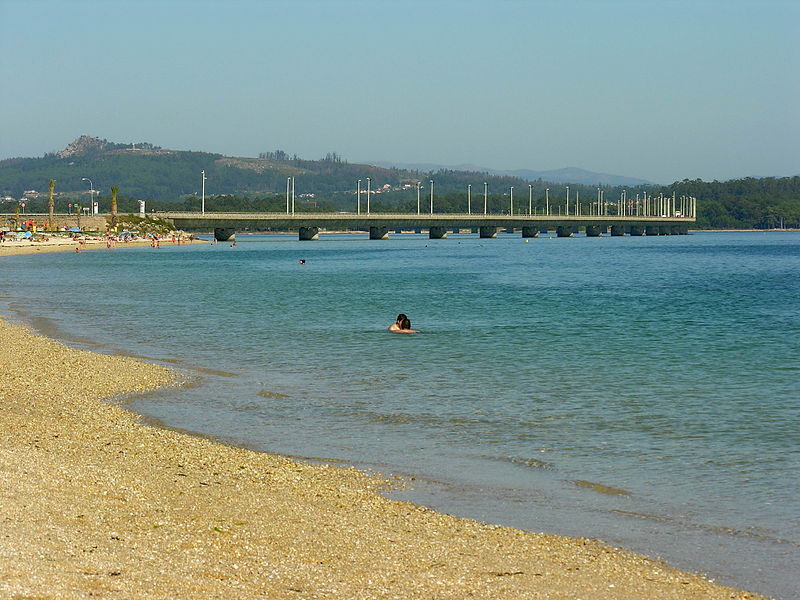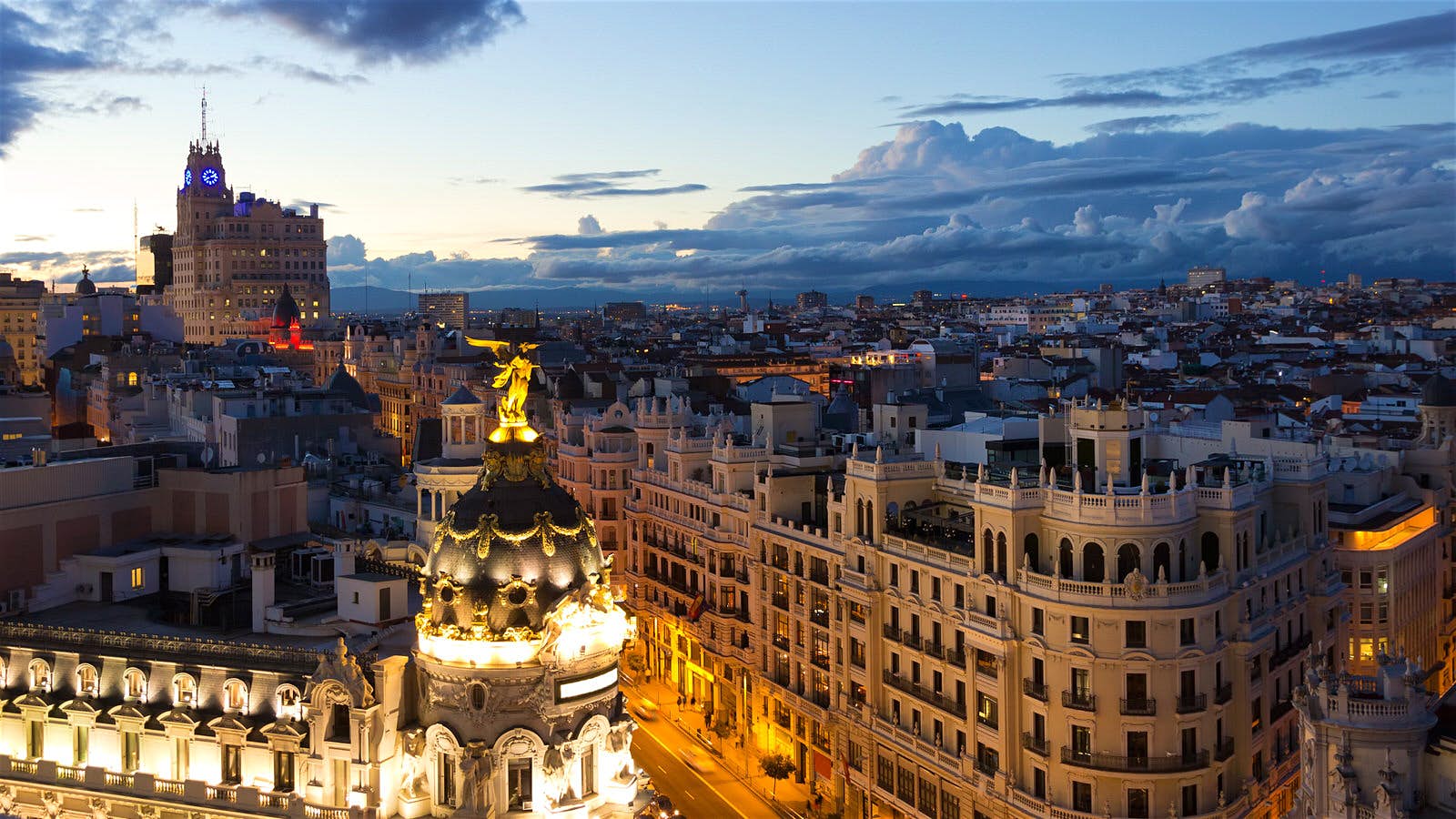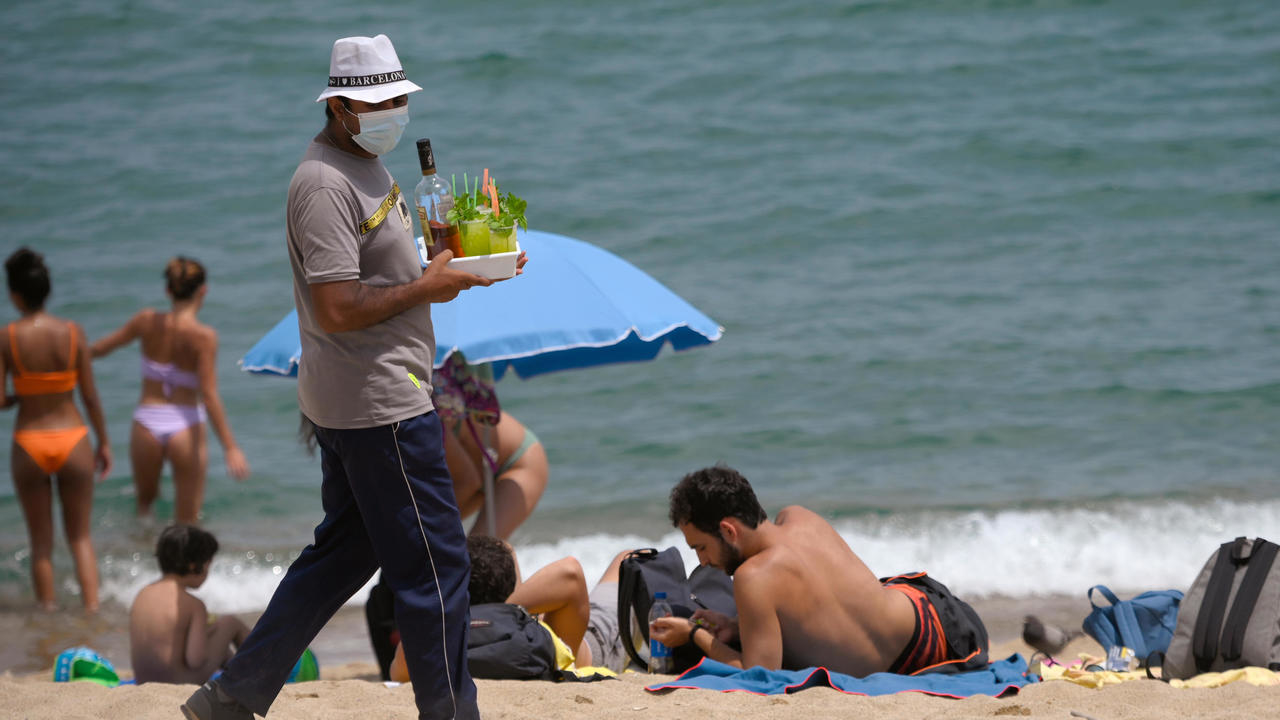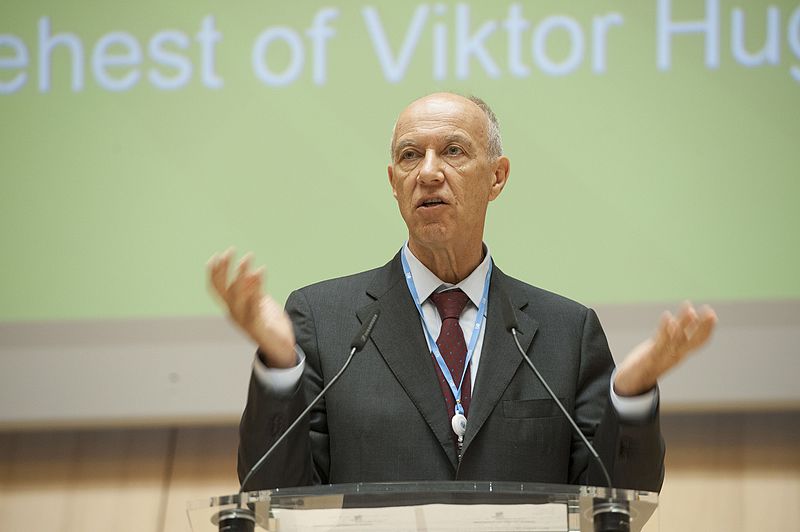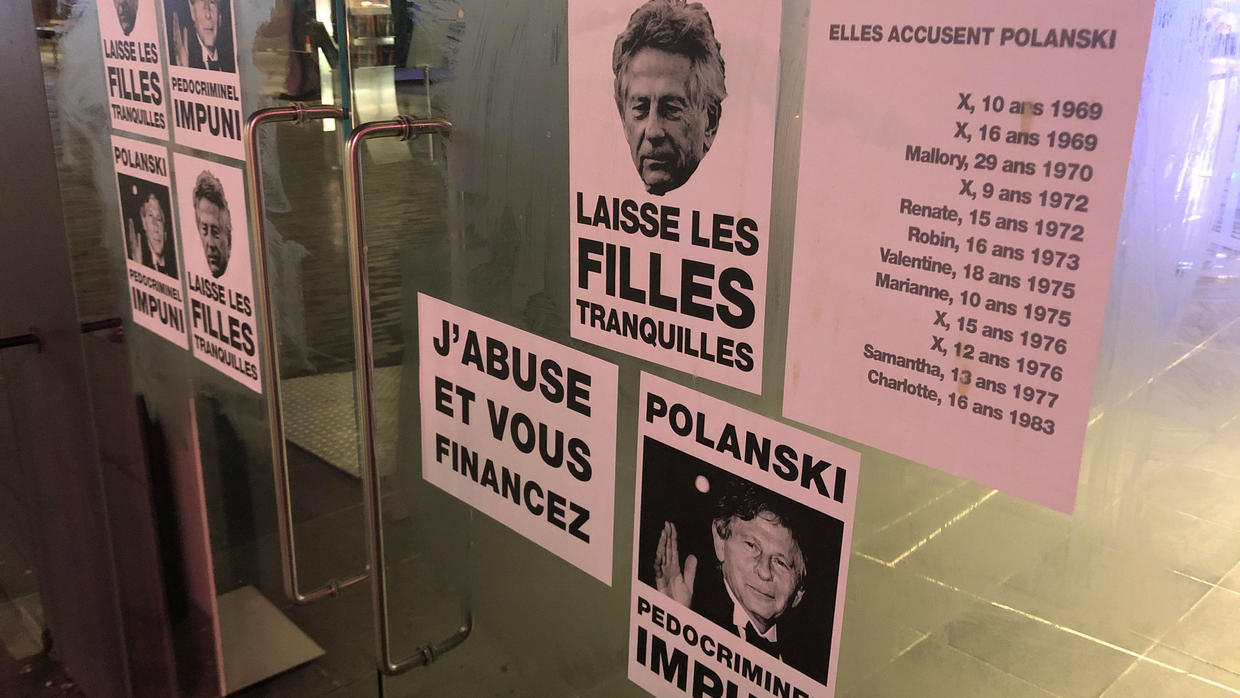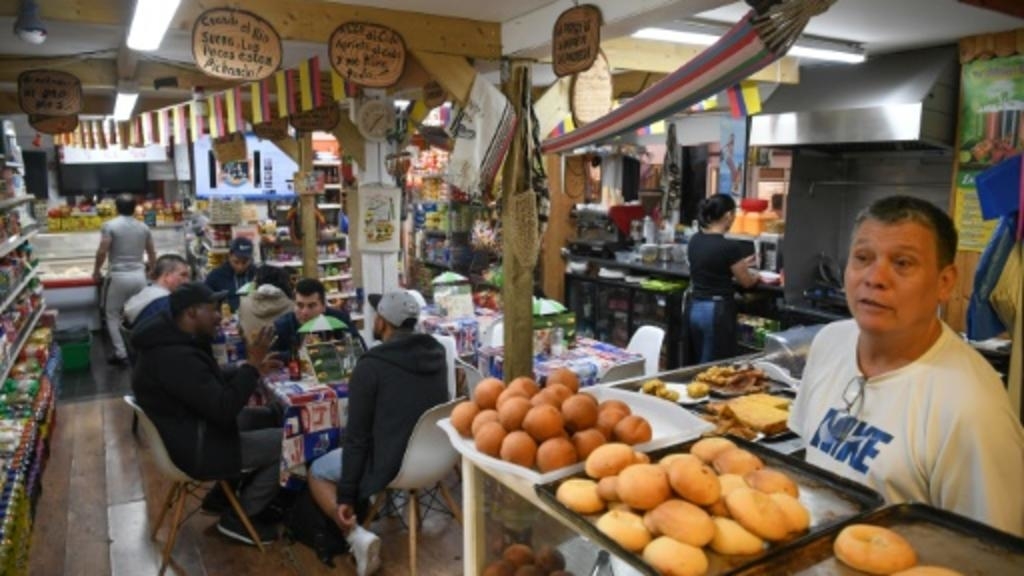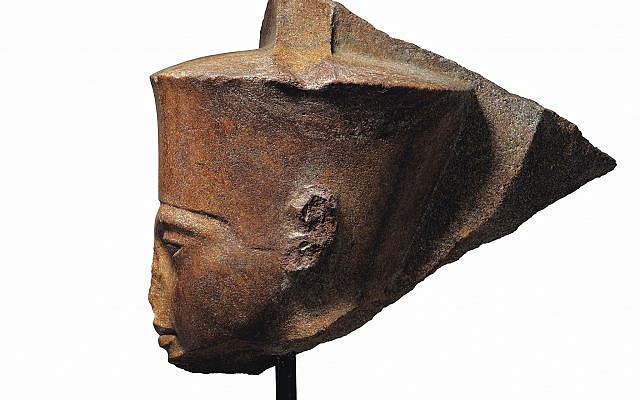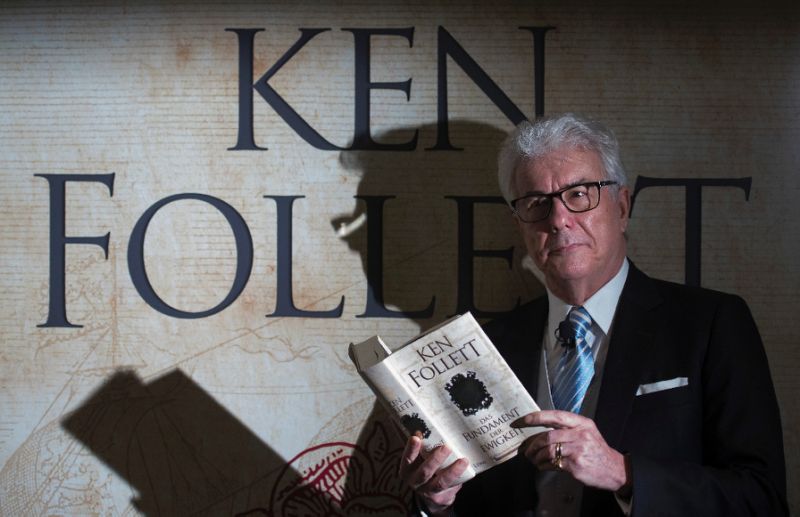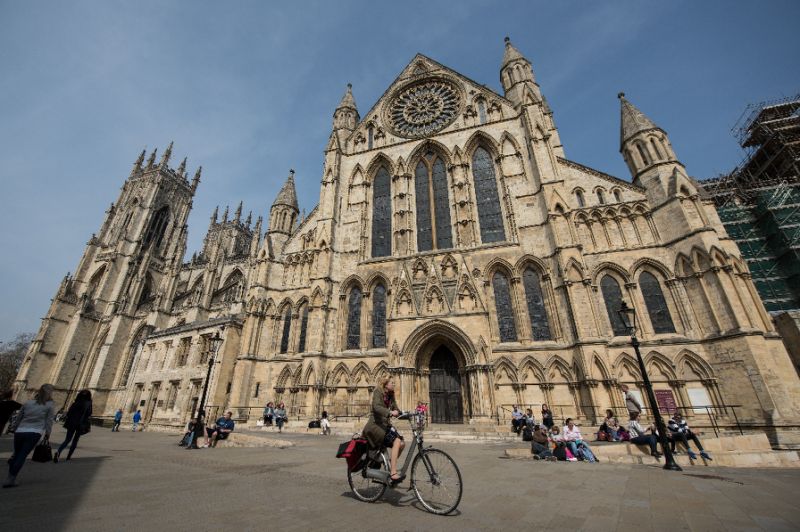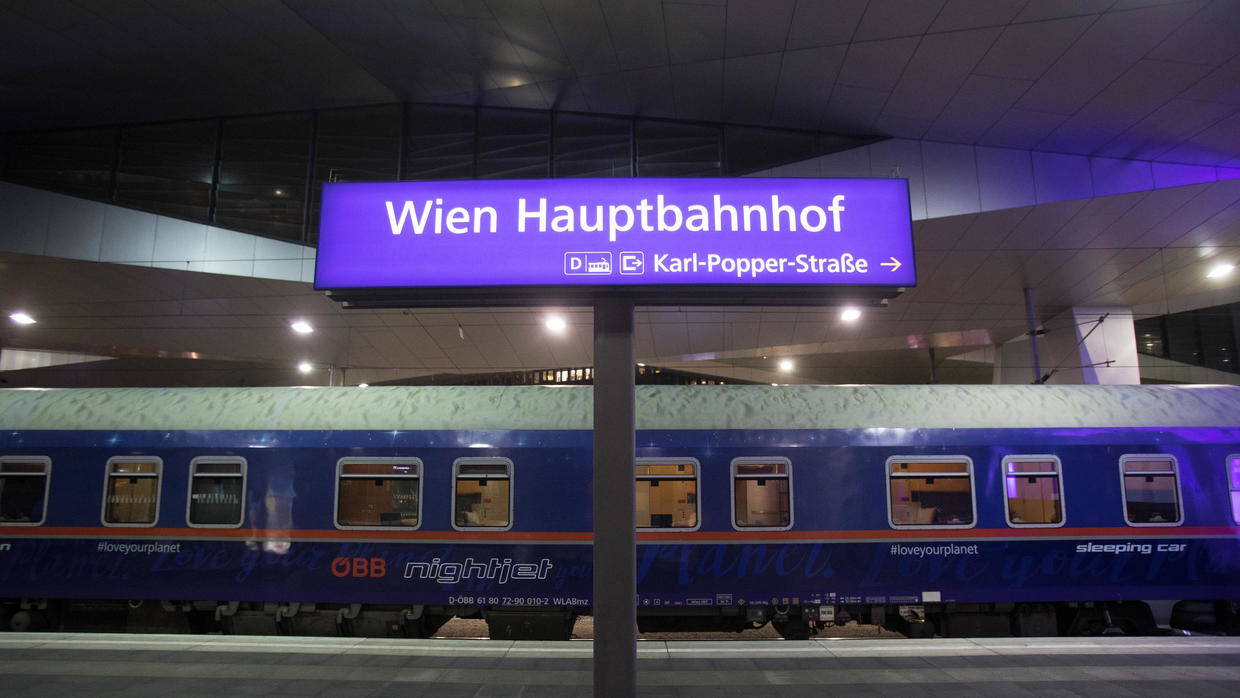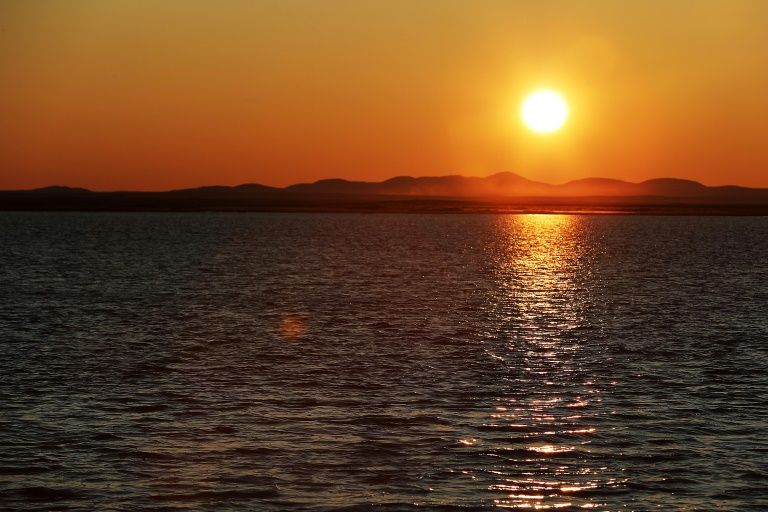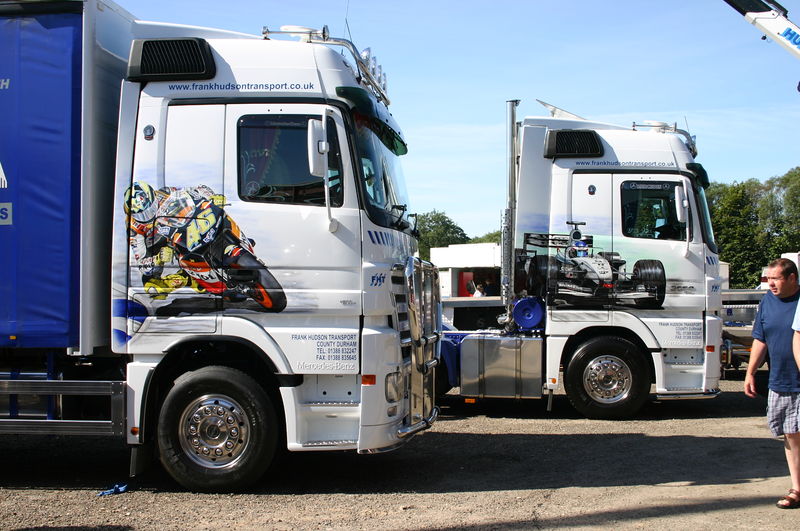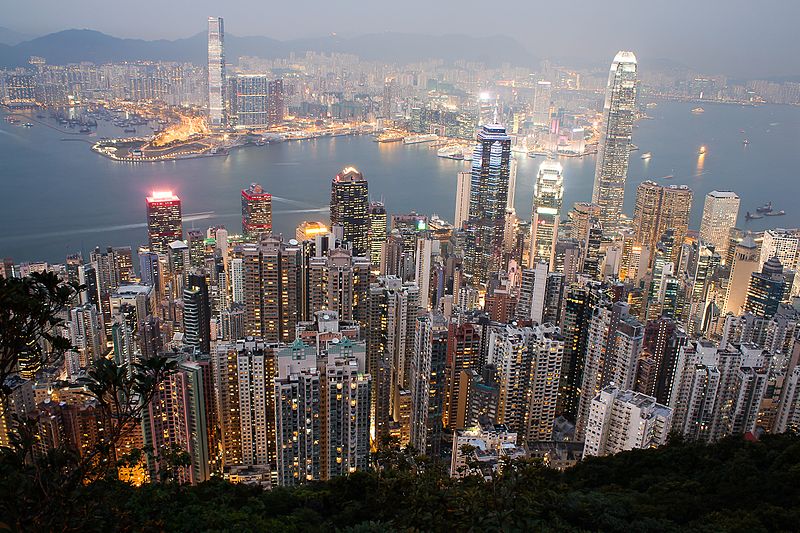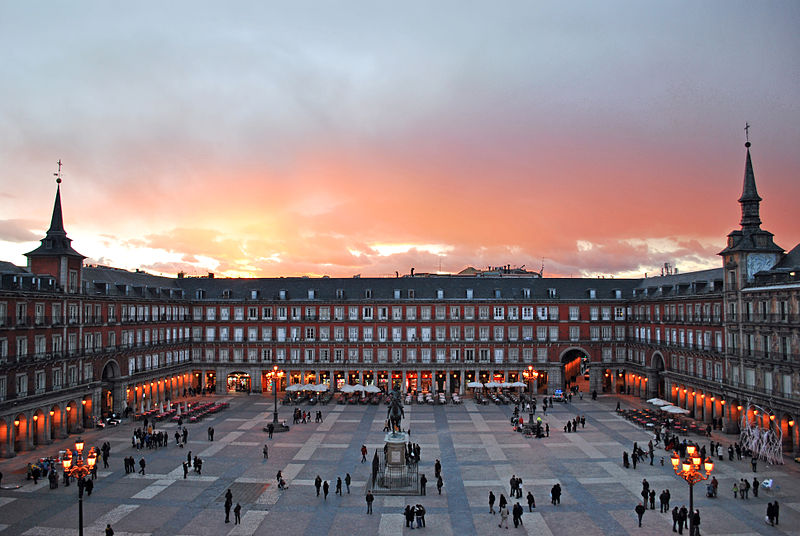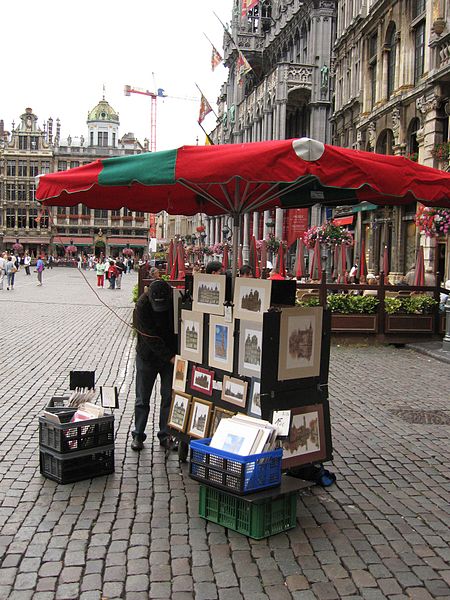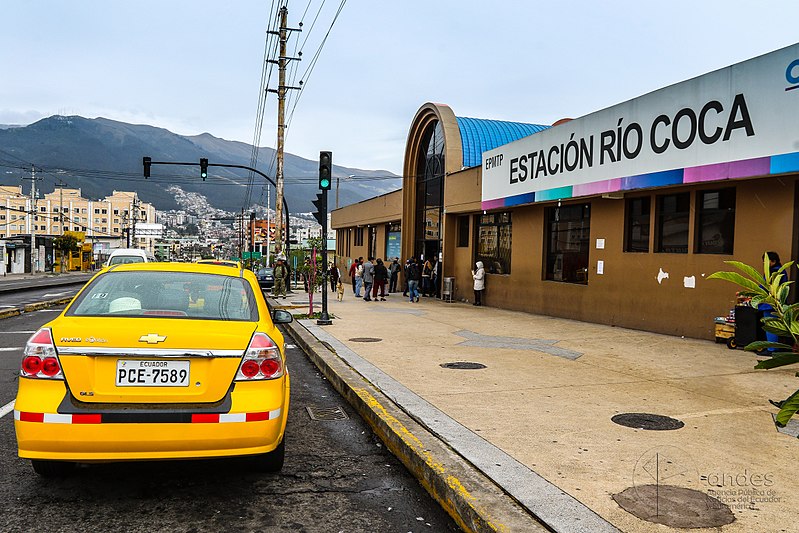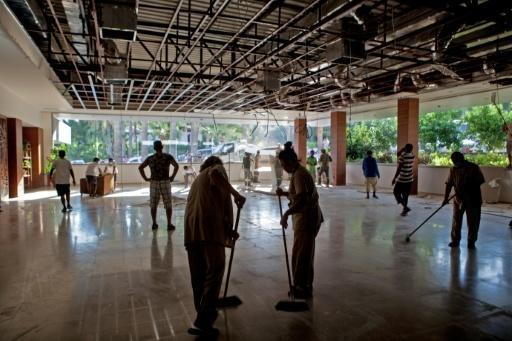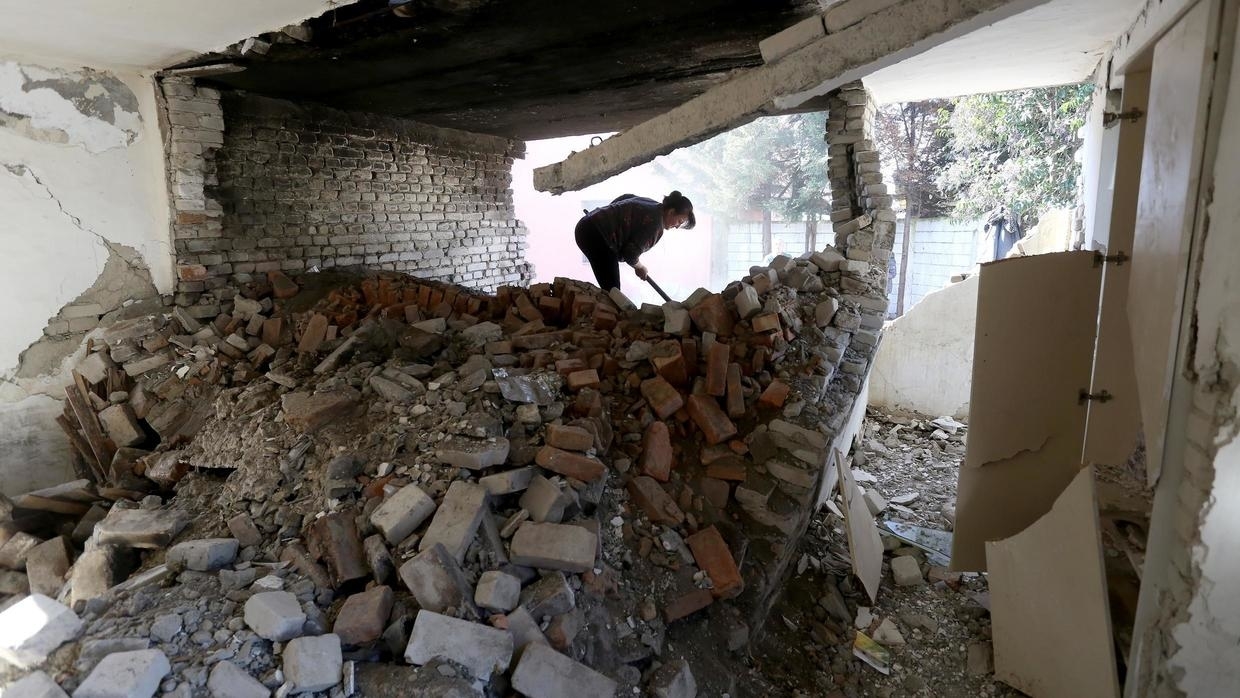
When a powerful earthquake struck Albania more than two months ago, buildings collapsed like houses of cards atop sleeping families.
As the country struggles to put the pieces back together, it is facing a structural reality that the disaster exposed: the scourge of illegal construction that has allowed unsafe homes to sprout up across the poor Balkan country.
For decades builders, engineers and officials have flouted safety codes, piling storey upon storey on top of homes that were not built to support such weight.
While not all of the devastation could be blamed on illegal construction, experts say it was a key factor in the extent and deadliness of the disaster.
Two months on in the town of Thumane, one of the hardest-hit areas, Vjollca and Meleq Mesiti consider themselves lucky to be alive but are still grappling with the loss of their home and bakery, which was turned into a pile of bricks.
"A whole life's work collapsed in a matter of seconds," says Vjollca, 49, as the couple search through the rubble for expensive equipment.
"We're still in shock," 53-year-old Meleq adds.
After hurling brick after brick out of the rubble, Vjollca starts pulling out dozens of baking pans, some still brimming with baked loaves covered in dust.
"Life goes on!" she says wearily.
The Mesitis, who are staying with relatives, were among 17,000 people made homeless overnight by the earthquake.
Some 10,000 of those are still living in tents in the heart of winter, according to official figures.
- 'Violations from A to Z' -
Albanian authorities say they are finally cracking down on those who have shirked building laws, a practice that dates back to the unbridled construction boom that followed the fall of communism in the early 1990s.
Regulations could not keep up with the crazed urbanisation as developers rushed to scoop up land and erect buildings.
"One thing is certain, in the majority of cases, the loss of human lives is due to the violation from A to Z of all building regulations," says Luljeta Bozo, an engineer and university lecturer in the capital Tirana.
Since the earthquake, more than 80 people have been arrested, including builders, engineers, officials and former mayors, according to Tirana's chief prosecutor Elisabeta Imeraj.
"We've been able to prove that in some cases there was not even the minimum amount of documentation needed to issue a building permit," she told AFP.
Some applications had no earthquake risk assessments at all, Imeraj said, adding that in some cases buildings had up to four extra floors illegally tacked on.
In a country with a widespread corruption problem, experts say bribes have helped get some illegally constructed buildings made "legal" after the fact.
The government has pledged to toughen penalties for those who ignore regulations, for example by seizing or demolishing illegal property -- generally not easy to carry out.
- 'My life is here' -
The government has costed out a billion euro (dollar) rebuilding effort ahead of a February 17 donor conference in Brussels.
Authorities have chosen 18 sites where new housing blocks will be erected for those made homeless by the quake.
But in a country still emerging from its communist past, when private property was banned, some are strongly attached to their land.
Elvira Leka, for example, refuses to leave the site of her badly damaged white house in Thumane.
Since the earthquake, the 45-year-old has been living in a tent next to the house with her ailing husband and their son and daughter.
A cow, donkey and chickens mill about outside.
Leka says she has no interest in moving to the new apartments to be built just a few hundred metres (yards) away.
"My life is here, I'd rather live with animals than with human beings," she says.
An NGO is rebuilding their homes on the ruins of the old ones, thanks to funds raised from the Albanian diaspora.
"During the earthquake, the roof collapsed on my back, I couldn't understand where I was," recalls 87-year-old Halil Subashi.
"Today, I'm happy that they're helping us build our houses, it's as if I was born a second time."afp
